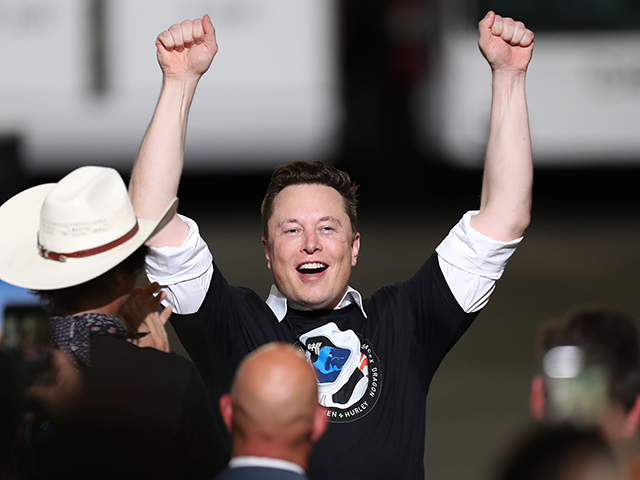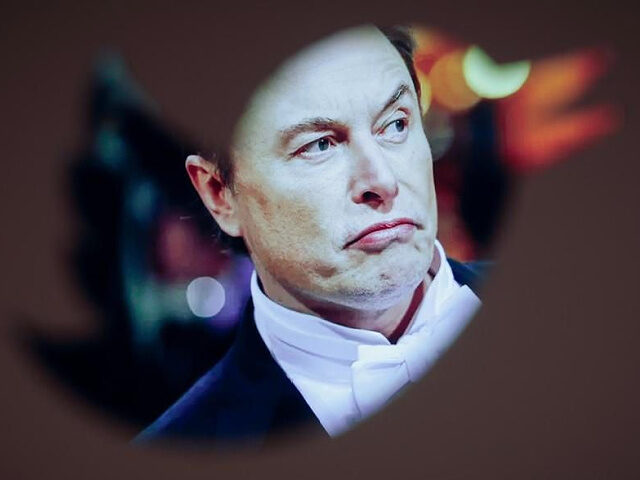Despite Elon Musk’s claims following his takeover of Twitter, the social media platform continues to grapple with the persistent issue of fake and spam accounts, according to recent research. One Princeton professor explains, “It’s clearly the case that bad bots remain pervasive on Twitter.”
The Wall Street Journal reports that recent research indicates that despite Elon Musk’s claims that Twitter has been cracking down on bots, the social media giant is still battling a massive number of fake and spam accounts.
The billionaire businessman Elon Musk assumed control of Twitter in October 2022 with a pledge to address the platform’s bot issue. Claiming a “dramatic improvement” in the platform’s capacity to identify and eliminate troll armies, Musk asserted last month that Twitter has eliminated at least 90 percent of scam accounts. However, according to several researchers and cybersecurity authorities, bot accounts are still present on the platform in huge numbers and are easy to find.

Spacex founder Elon Musk celebrates after the successful launch of the SpaceX Falcon 9 rocket with the manned Crew Dragon spacecraft at the Kennedy Space Center on May 30, 2020 in Cape Canaveral, Florida. Earlier in the day NASA astronauts Bob Behnken and Doug Hurley lifted off an inaugural flight and will be the first people since the end of the Space Shuttle program in 2011 to be launched into space from the United States. (Photo by Joe Raedle/Getty Images)
Jonathan Mayer, an assistant professor of computer science at Princeton University, who co-authored a recent study of the platform, said, “It’s clearly the case that bad bots remain pervasive on Twitter.” His research revealed widespread bot-like activity across the platform, contradicting Musk’s claims of a marked decline in scam activity.
Spam and fake accounts are a complicated and difficult problem to solve. These accounts are not universally understood, and their operators are constantly changing how they operate, including by using generative artificial intelligence to avoid detection. These accounts, which are typically run by automated programs known as bots, can disseminate propaganda, false information, financial scams, and other harmful content. As a result, the platform’s usability for advertisers suffers as well as the user experience.
Musk modified the user verification procedure and tied it to an improved version of the paid service Twitter Blue in an effort to address the problem. The purpose was to discourage con artists and bot developers who wouldn’t want to pay for the service. Cybersecurity experts counter that these safeguards are simple to get around.
“There is an entire ecosystem already in place that needs to be considered when evaluating the efficacy of any countermeasure,” said Dan Woods, global head of bot and risk management at F5, a Seattle software company.
Additionally, some data indicates that Twitter Blue might have unintentionally made the issue worse. Many users are skeptical about the veracity of accounts as a result of the new verification process. According to Mayer, users have a harder time distinguishing between trustworthy and unreliable accounts.
Fake accounts also put Twitter’s ad revenue, which comprised about 90 pecent of the business’s income before Musk’s takeover, at risk. The percentage of bot-driven ad traffic remained constant both before and after Musk’s takeover, according to cybersecurity company Cheq.
Read more at the Wall Street Journal here.
Lucas Nolan is a reporter for Breitbart News covering issues of free speech and online censorship. Follow him on Twitter @LucasNolan

COMMENTS
Please let us know if you're having issues with commenting.